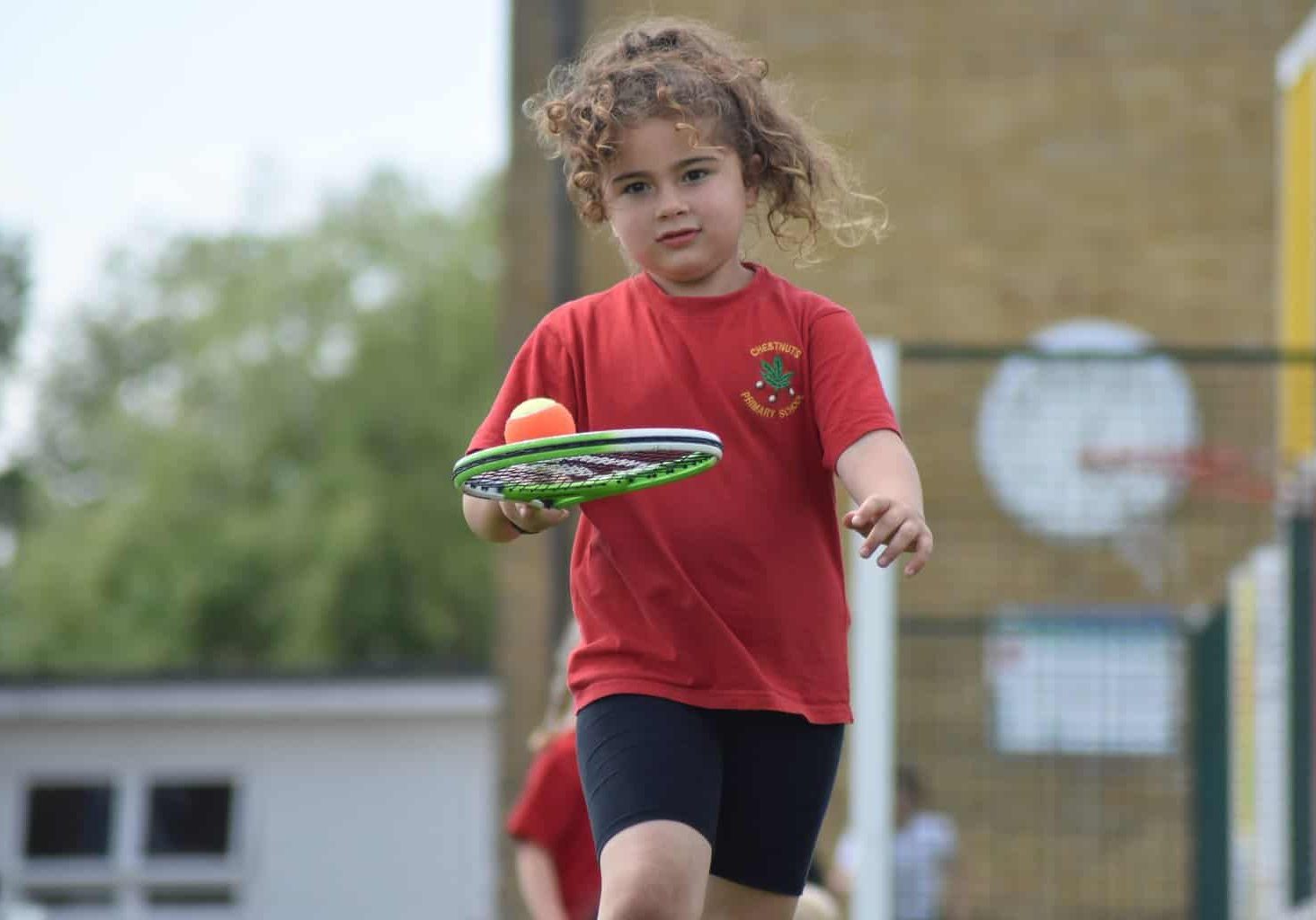
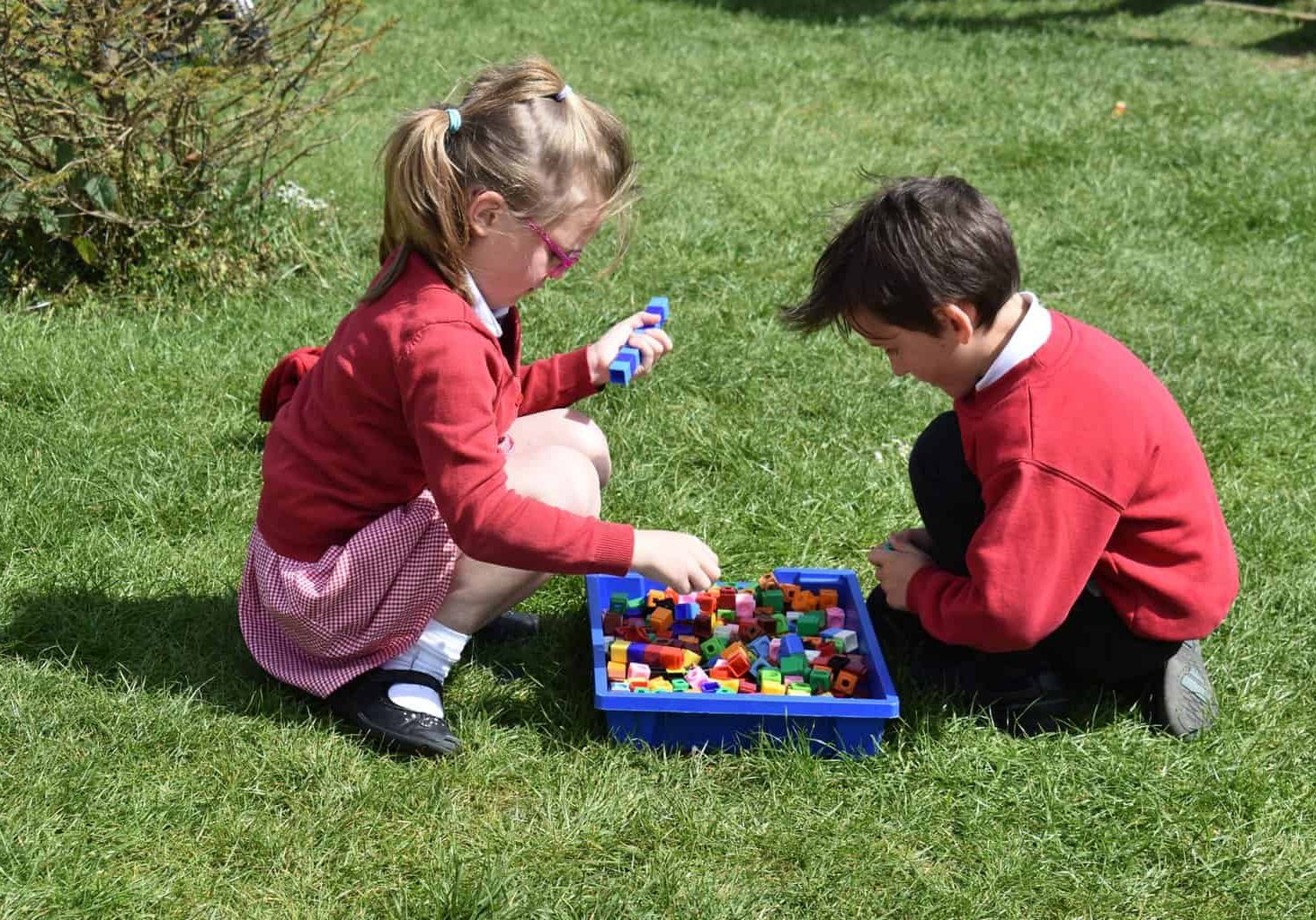
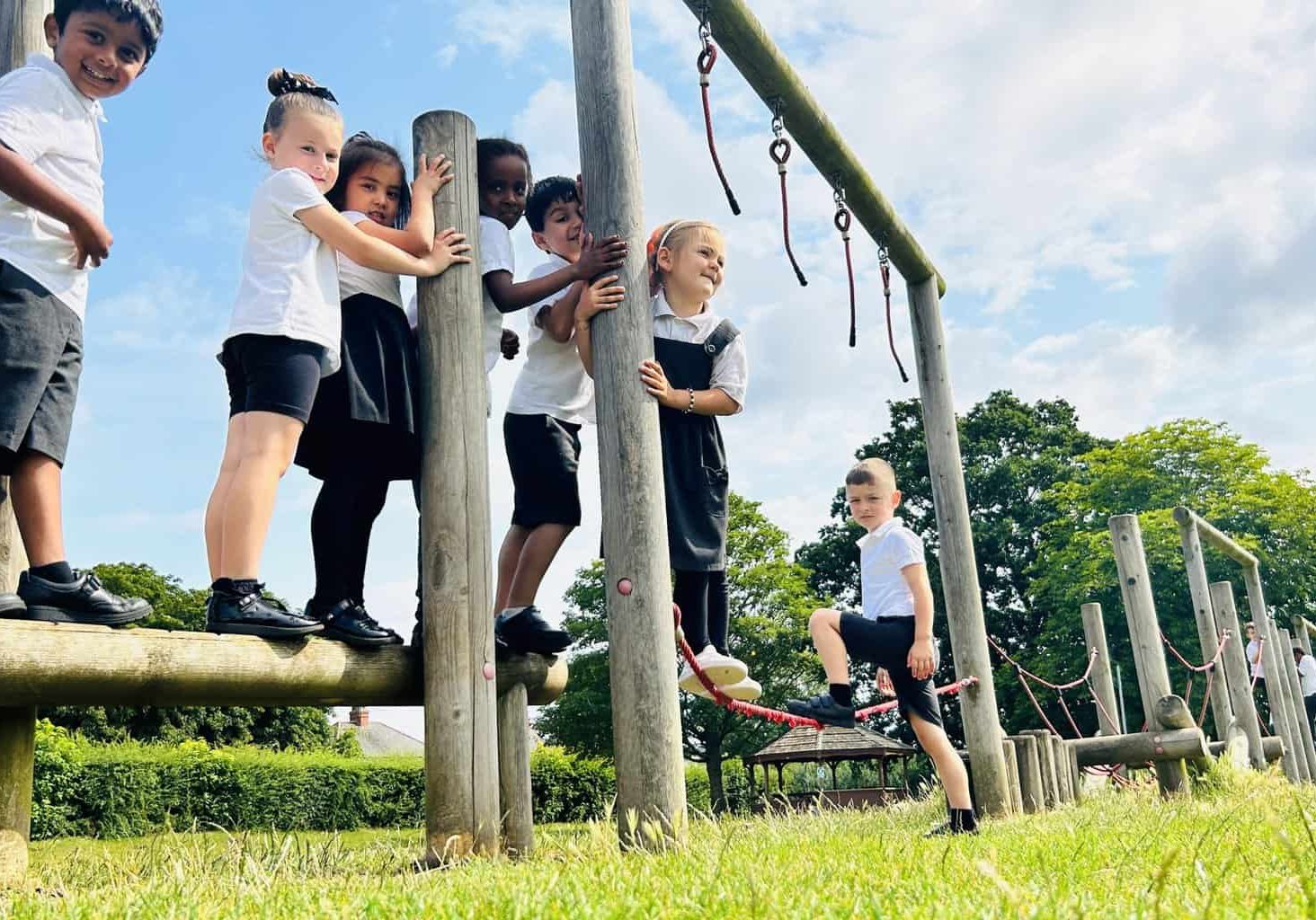
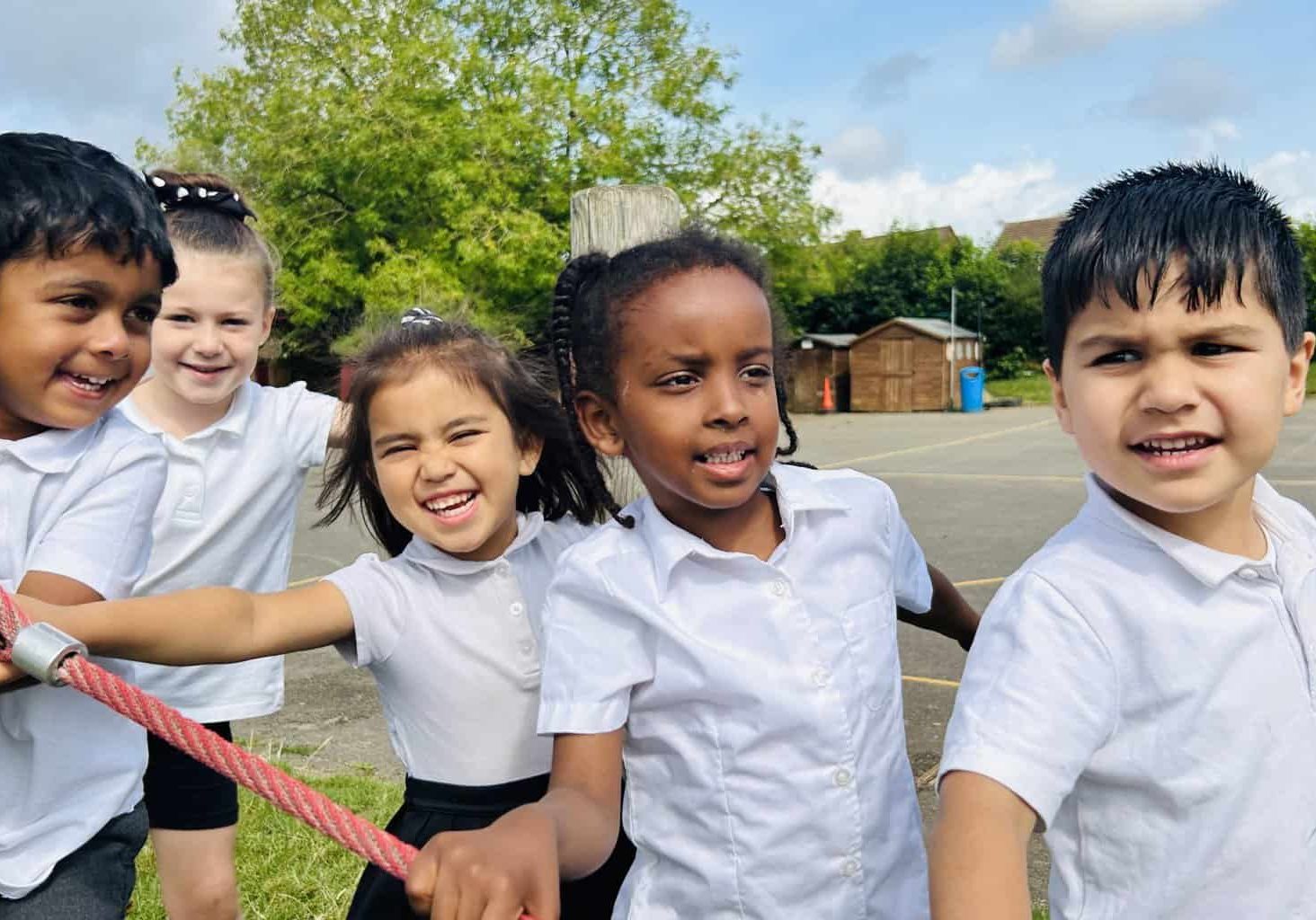
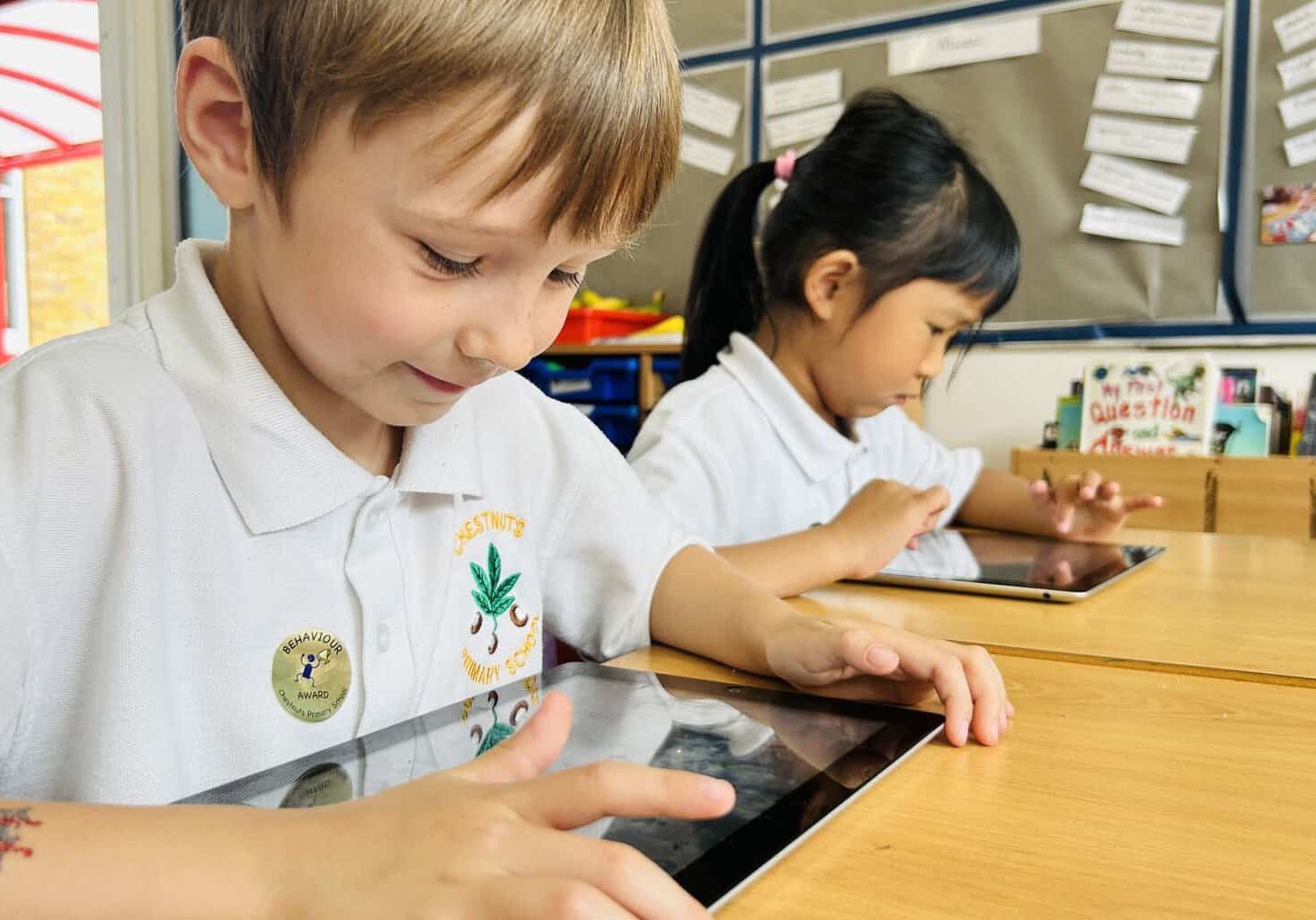
Computing
At Chestnuts, we recognise that technology is changing the lives of everyone globally. Through our computing curriculum, we aim to inspire the next generation, regardless of need or ability, and equip them with the knowledge and skills they need to participate in the rapidly changing world, where work and leisure activities are increasingly transformed by technology. Computing knowledge and skills and computational thinking are major factors in enabling all children to become resilient, creative and critical digital citizens, understanding their role and responsibilities in the digital landscape. We equip our children with the knowledge and skills they need to become responsible, confident and creative users of technology.
Our computing curriculum fits within our cross-curricular topics which aim to make connections to other subjects and to develop every child's understanding of the digital world. As we understand the science of learning, we constantly revisit previous learning within our computing curriculum so that the children embed their knowledge. We prepare our children for a digital world that is constantly changing and evolving and empower them to use technology safely and effectively. We ensure that our children know how to stay safe online and who to contact if they are concerned.
The national curriculum defines three clear aspects of the computing curriculum: computer science (CS), information technology (IT) and digital literacy (DL). All children at Chestnuts are given the opportunity to develop their knowledge and understanding in each area every year from the Early Years until they reach Year 6. There is clear progression throughout the year groups, building on previous knowledge; for example, in computer science, the children in EYFS will input a simple code into a programmable device as part of role play. In Key Stage One, the children will learn how to write a simple code using programmable devices, predicting what will happen. In Lower Key Stage Two, they begin to use repetition when coding and in Upper Key Stage Two they are introduced to using variables and selection when creating their own codes.
To support our school values, The Chestnuts Way, we also run a Digital Leaders programme which aims to empower our children to encourage others to use technology in a positive way both in and out of school. As part of their role, the children challenge themselves by hosting assemblies, they liaise with the School Councillors to obtain pupil voice as well as making other people’s days by supporting the use of technology across the school.
